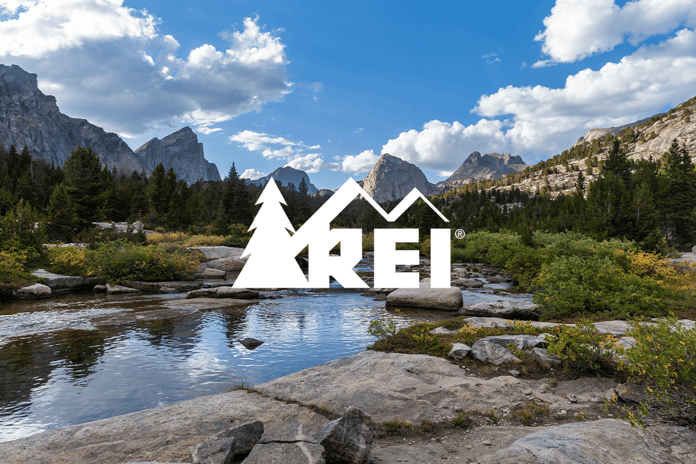Established in Seattle in 1938, Recreational Equipment, Inc. (REI) has long been in the game of outdoor activities gear. It is the largest consumer co-operative in the United States, with 20 million members. While REI has many unique qualities, its concern for nature is one of the most important factors differentiating its brand.

Nature-conscientious strategy
For over 80 years, REI has focused on reducing its environmental impact and has worked to reduce its greenhouse gas emissions since 2006.
The co-operative examines every aspect of its business and invests in natural climate solutions to offset the carbon it cannot yet reduce. It also works with diverse brands to create shared solutions.
REI holds itself financially accountable for each unit of carbon it emits in its operations. Running a healthy business requires the co-operative to continue to shrink or offset its footprint.
To accelerate progress, REI invests in and advocates for solutions that help the co-operative and the planet. This includes investing in projects that actively sequester carbon from the atmosphere, such as planting trees in cities and suburbs, energy-efficient cookstoves, reforestation, and active forest management. REI offset 257,672 tonnes of carbon dioxide equivalent (CO2e) emissions. For comparison, removing 1 tonne of CO2e emissions is equal to removing 230 vehicles from the road for a year.
Outcomes and future plans
REI achieved its 14-year commitment to be carbon neutral in its operations in 2020 and launched an ambitious new climate platform. By more than halving its carbon footprint over the next decade, REI is leading the outdoor community and playing its part in reducing greenhouse gas emissions by 55% by 2030. REI also committed to planting 1 million trees by 2030 as part of the global 1 Trillion Trees initiative and published a new advocacy platform outlining its climate policy priorities from 2021.
REI has shown that it is possible for companies to prioritise purpose and take bold action to reduce their environmental impact. By embedding the impact and cost of doing business into its business model, REI takes a holistic approach to reduce its carbon footprint. Its commitment to reducing its carbon footprint by more than half over the next decade and its investment in natural climate solutions demonstrates its leadership in addressing the emissions crisis.
At DGB Group, we also help businesses to offset their carbon emissions through high-quality and verified carbon and biodiversity credits. We use nature-based solutions, such as reforestation, afforestation, and energy-efficient cookstove projects that bring both carbon and community benefits.





